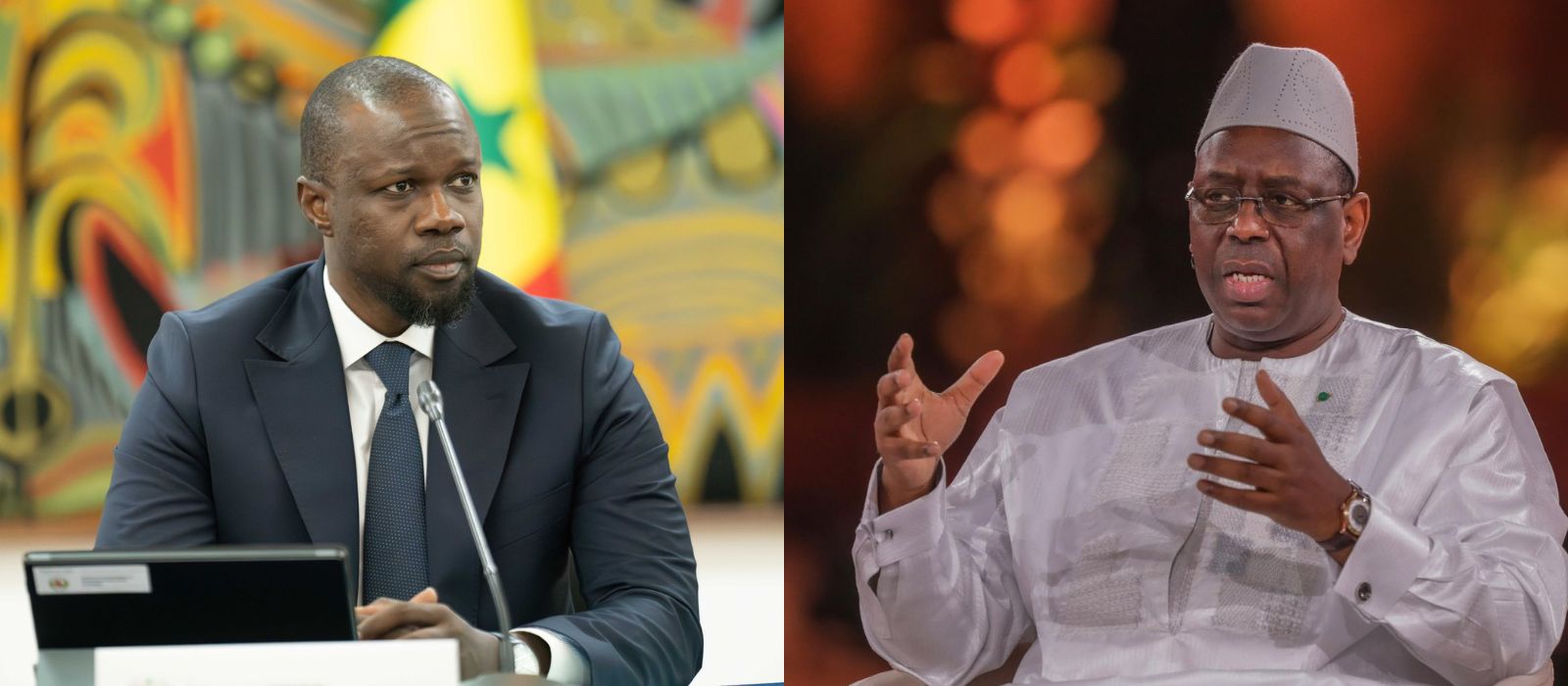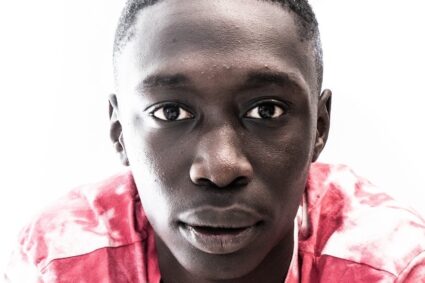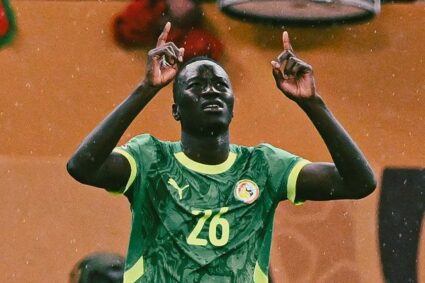
In Senegal’s upcoming parliamentary elections scheduled for this weekend, former presidential rivals Prime Minister Ousmane Sonko and former President Macky Sall will face off once more—this time, vying to secure a majority in Parliament. Following their competition in the March 2024 presidential election, many see this as a contest between the young and the old.
Senegal, with a population of about 18 million, has nearly 7.4 million registered voters. President Bassirou Diomaye Faye dissolved Senegal’s Parliament in September and called for legislative elections on November 17, citing that the opposition-controlled Parliament had hindered his ability to implement his government’s plans.
All 165 parliamentary seats are now up for grabs.
A total of 40 candidate lists are competing, though four major coalitions dominate the race, including the ruling party’s list and the opposition coalition Takku Wallu, backed by former President Macky Sall and his allies.
The ruling party, Pastef, led by President Faye and Prime Minister Ousmane Sonko, garners much of its support from Generation Z.
Issues such as high unemployment, economic hardship, and recent flooding in parts of the country may play a significant role in shaping voter sentiment in the upcoming elections.
Six months ago, Senegal witnessed a political shift when Diomaye Faye and Sonko assumed power, promising substantial changes. However, some citizens feel that little progress has been made since then.
The ruling party has attributed its challenges to a lack of a parliamentary majority and persistent obstruction of government actions.
In a surprise move, former President and now opposition leader Macky Sall announced he would contest a parliamentary seat. Sall’s party, the Alliance for the Republic (APR), has formed a coalition with other opposition groups, including the Senegalese Democratic Party (PDS), led by former President Abdoulaye Wade.
Sall has largely run his campaign remotely from Morocco, where he currently resides.


